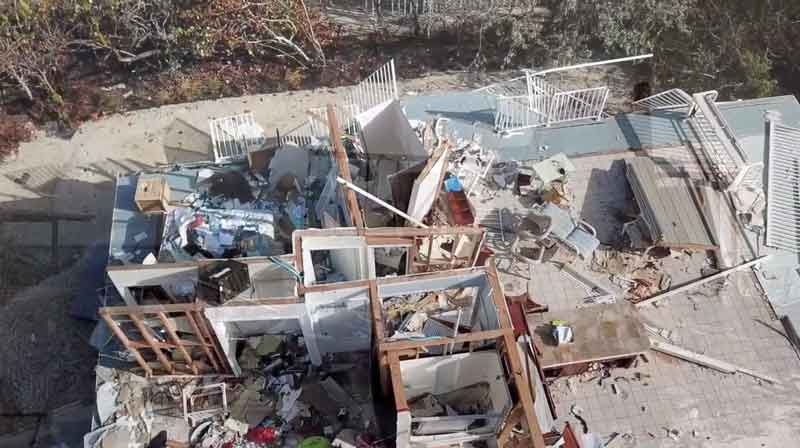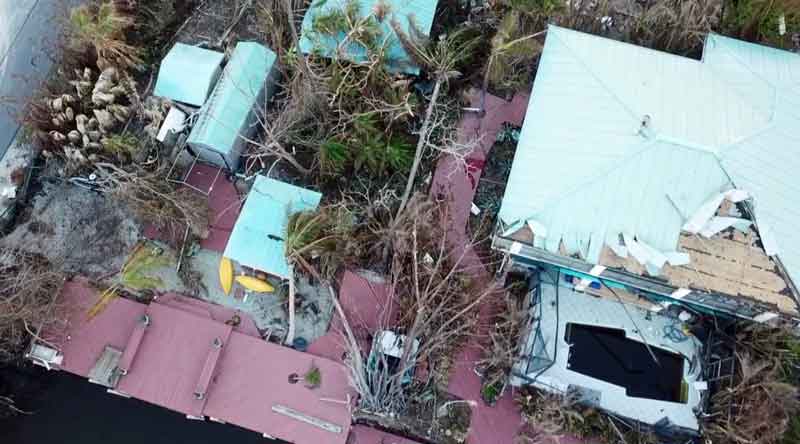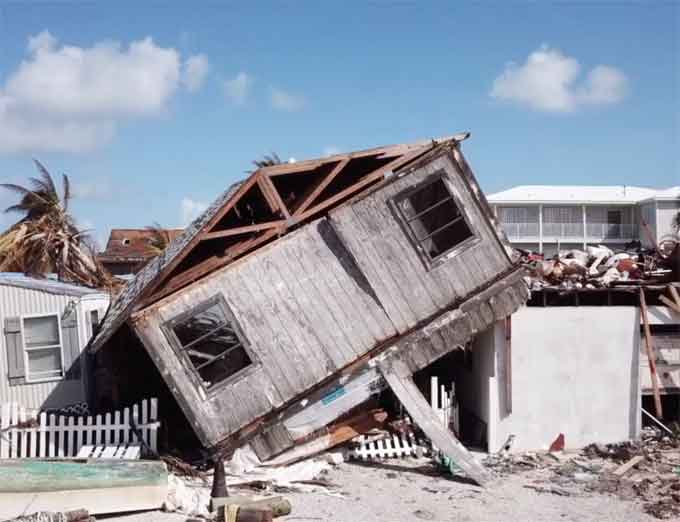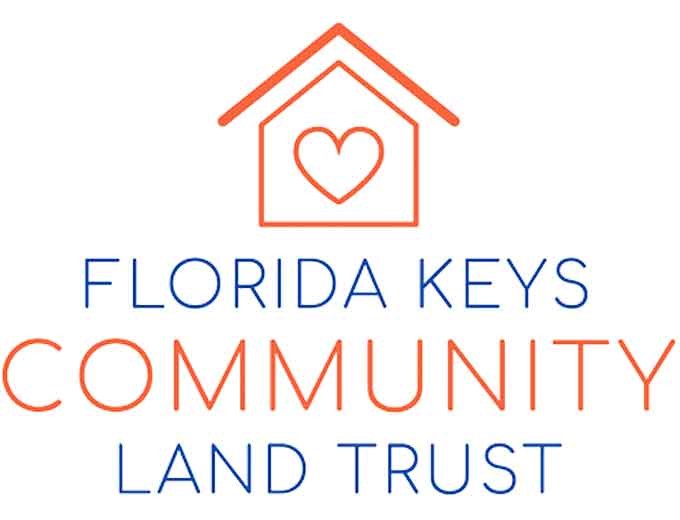On September 10, 2017, Hurricane Irma tore through the Lower Keys, the heart of working-class housing in the Florida Keys, with thousands of homes lost.
For decades, even prior to Hurricane Irma, there was a scarcity of affordable housing in The Keys due very simply to limited supply and high demand, and that situation was intensified by the storm.
- Over 7% of the housing stock was destroyed.
- More than 1,800 homes destroyed with nearly 3,000 sustaining major damage.
- Existing rental homes will have to be re-built, but at much higher costs, hurling already unsustainable rents upward.

The hardest hit areas were those in the very neighborhoods where service and hourly workers could afford to live, the majority of which are displaced teachers, police officers, servers, cashiers, firefighters, ambulance drivers, hourly workers, those who make the Keys precisely what it is.
They have lost their friends, their jobs, their homes and their dreams.
Eighteen months after Hurricane Irma devastated Florida and the Keys, the area still faces an acute shortage of affordable workforce housing.
PBS News Hour’s segment on the Florida Keys housing crisis featured the work of Maggie Whitcomb, founder of The Florida Keys Community Land Trust (FKCLT) as a solution.
(In March, FEMA ended its temporary housing program for people affected by Hurricane Irma, which slammed the Florida Keys in September 2017. But as rebuilding continues after one of the costliest storms in U.S. history, shelter for survivors and volunteers continues to be a major challenge in an area known for a critical shortage of affordable housing. Courtesy of PBS NewsHour and YouTube. Posted on Apr 11, 2019.)
After the storm, teachers, civic workers, servers and those who keep Monroe County’s billion-dollar tourism economy humming either left or are still living in trailers, cars, tents, or with friends.
Workers who relocated to the mainland endure three-hour commutes each way to work.
FEMA’s temporary housing program ended In March leaving survivors to fend for themselves.

Severe housing insecurity continues to mount among the workforce, yet Federal dollars earmarked for Irma recovery have still not made their way to the Keys.
“Where is the outrage?” Whitcomb asks.
“Tourism in the Florida Keys generates billions in revenue for the state. Visitors have been spared the unpleasant truth of the humanitarian crisis here.”
“Ad campaigns promoting the Keys being back in business suppress the real story and stops the flow of aid.”
(Learn More about The Florida Keys Community Land Trust (FKCLT). Courtesy of Wonder Studios and YouTube. Posted in Dec 2018.)


















